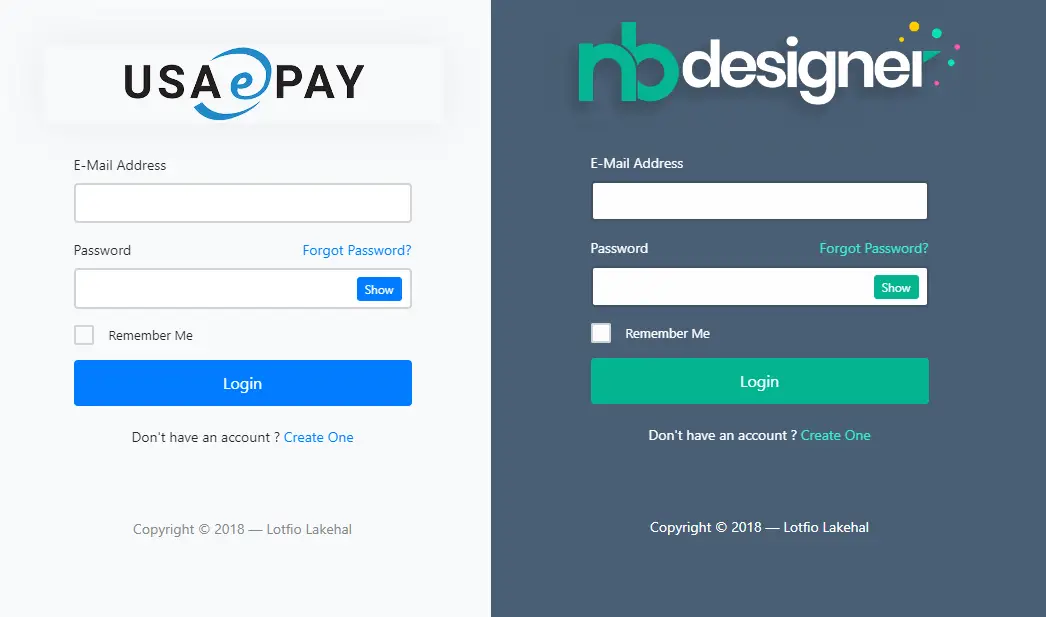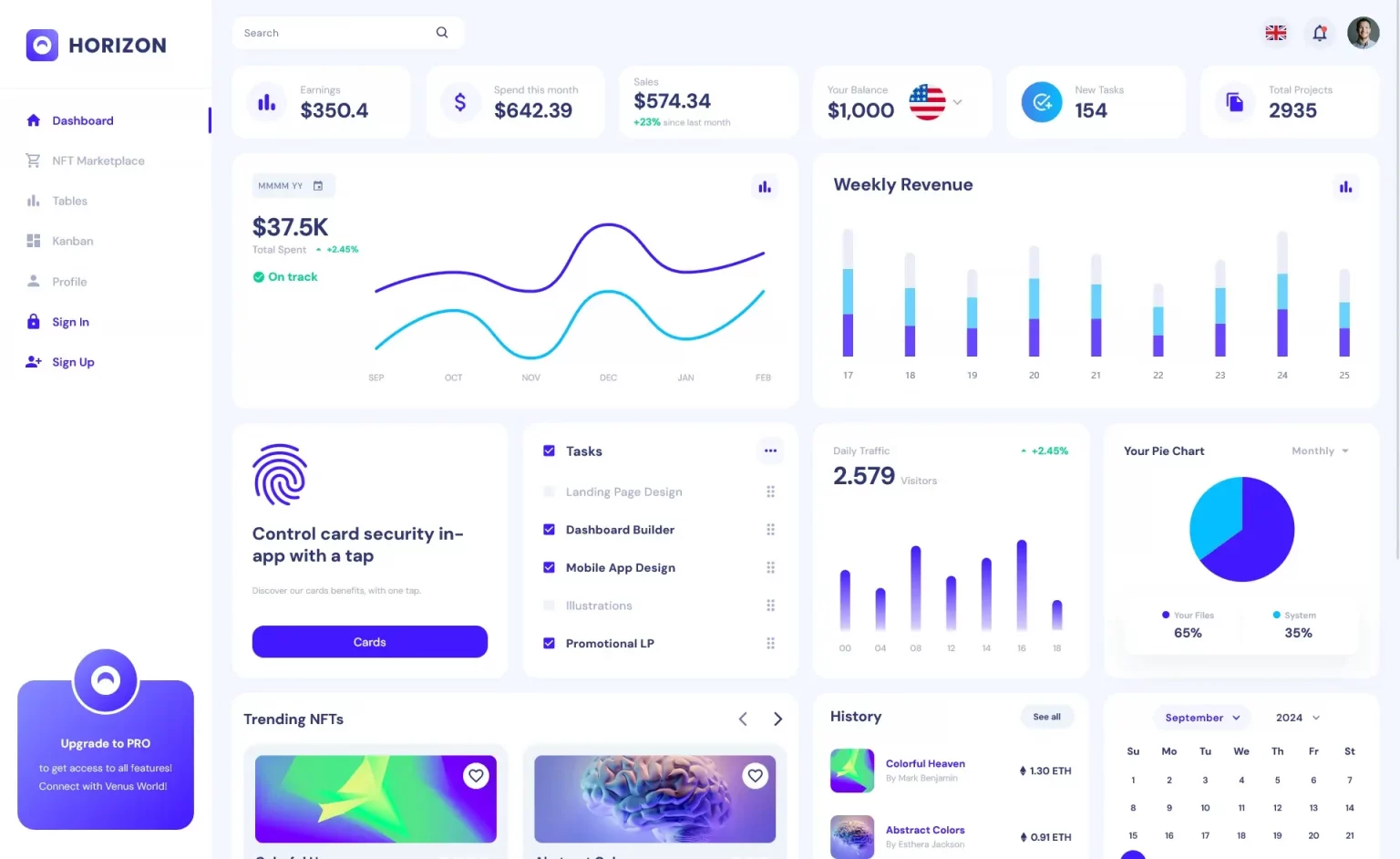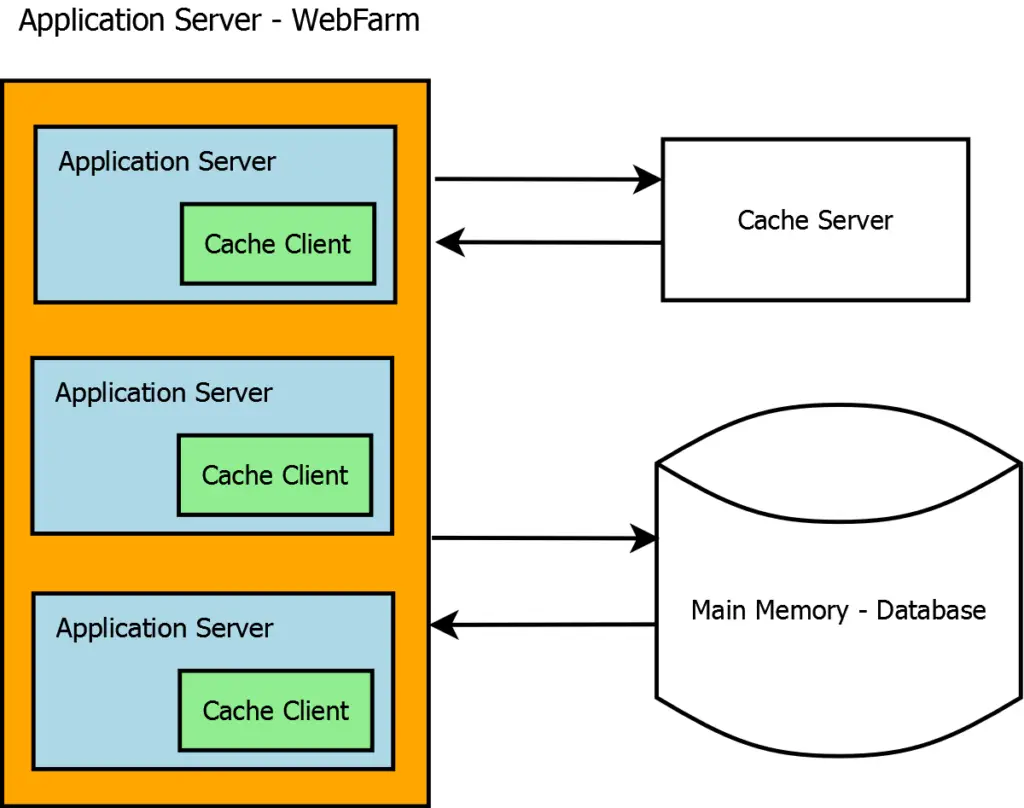How to Catch Multiple Exceptions in C#
By Tan Lee Published on Dec 02, 2024 447
In C#, you can catch multiple exceptions in a single catch block by using a few different approaches.
How to Catch Multiple Exceptions in C#?
From C# 7.0 onwards, you can catch multiple exception types in a single catch block using a pipe (|) between exception types.
For example, Using catch with Multiple Exception Types (C# 7.0 and later)
try
{
// Code that may throw exceptions
}
catch (ArgumentNullException | DivideByZeroException ex)
{
Console.WriteLine("An exception of type ArgumentNullException or DivideByZeroException was caught: " + ex.Message);
}In C# 6.0 and later, you can use exception filters to catch specific exceptions only if certain conditions are met, making the code more readable and expressive.
For example, Using Exception Filters (C# 6.0 and later)
try
{
// Code that may throw exceptions
}
catch (Exception ex) when (ex is ArgumentNullException || ex is DivideByZeroException)
{
Console.WriteLine("ArgumentNullException or DivideByZeroException caught: " + ex.Message);
}Catching System.Exception and switching on exception types using is allows you to catch and handle specific exception types in a controlled manner.
Categories
Popular Posts
HTML Bootstrap 4 Login, Register & Reset Template
Nov 11, 2024
Material Lite Admin Template
Nov 14, 2024
Horizon MUI Admin Dashboard Template
Nov 18, 2024
Implementing Caching in ASP.NET Core
Dec 14, 2024





